In a significant statement that underscores India’s firm stance against terrorism, the Ministry of External Affairs spokesperson, Randhir Jaiswal, articulated India’s position on Iran’s recent military action against terrorist bases in Pakistan. The operation, drawing parallels to India’s own Balakot airstrike in 2019, has garnered support from the Indian government, highlighting a shared understanding of the need for decisive action against terrorism.
Jaiswal, in reply to various media queries on the issue of Iranian strike against Pakistan in Baluchistan near Iranian border, stated, “This is a matter between Iran and Pakistan. Insofar as India is concerned, we have an uncompromising position of zero tolerance towards terrorism. We understand actions that countries take in their self-defense.” This statement marks a pivotal moment in India’s foreign policy, indicating a nuanced approach towards counter-terrorism efforts that transcend national boundaries.
The Iranian operation, akin to India’s response in Balakot, was aimed at neutralizing threats emanating from terrorist groups harbored in Pakistani territory. This move by Iran, like India’s previous action, raises questions about the complexities of international law and sovereignty. However, it also reflects a growing impatience among nations directly affected by cross-border terrorism.
India’s support for Iran’s actions is seen as a bold step in international diplomacy, signifying a potential shift in regional alliances and attitudes towards combating terrorism. It underscores the shared challenges faced by countries in the region and the lengths they are prepared to go to ensure national and regional security.
Experts believe this development could pave the way for a new era of cooperation against terrorism in the region. “India’s understanding of Iran’s actions represents a realistic approach to the threat of terrorism,” a professor of International Relations. “It acknowledges the harsh realities faced by nations grappling with terrorism emanating from across their borders.”
The Indian government’s stance is also indicative of its broader foreign policy objectives, balancing the act of maintaining strong anti-terrorism measures while navigating complex international relations.
This development comes at a time when the global community is grappling with the question of how to deal with terrorism that crosses national boundaries. India’s position, aligning with Iran on this matter, sends a strong message to the international community about the need for a united front against terrorism, transcending traditional diplomatic ties.
As the situation evolves, it will be interesting to see how this stance affects India’s relations with Pakistan and how it shapes the regional security dynamics. For now, India’s support for Iran’s “Balakot” signifies a significant moment in the country’s foreign policy narrative – one that firmly places the fight against terrorism at the forefront of its international relations agenda.
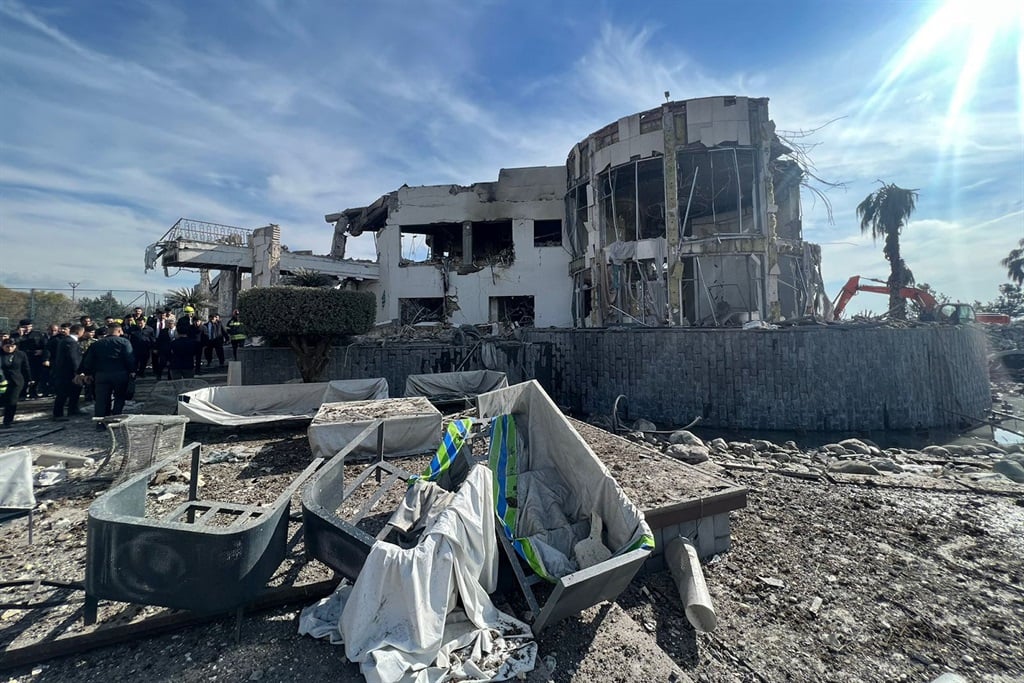





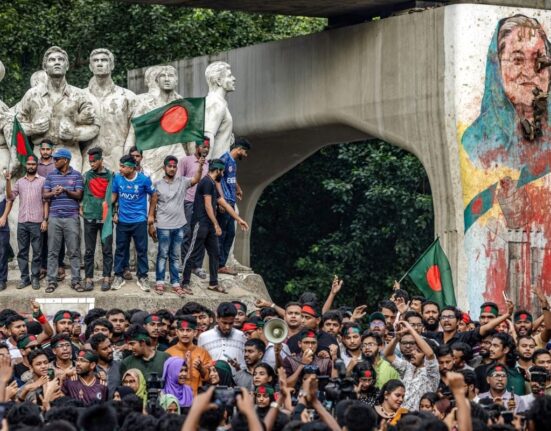

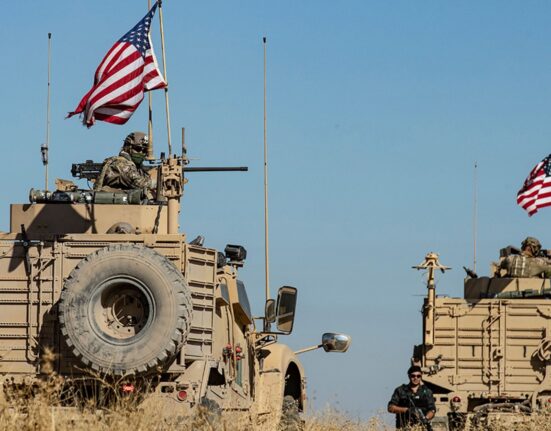
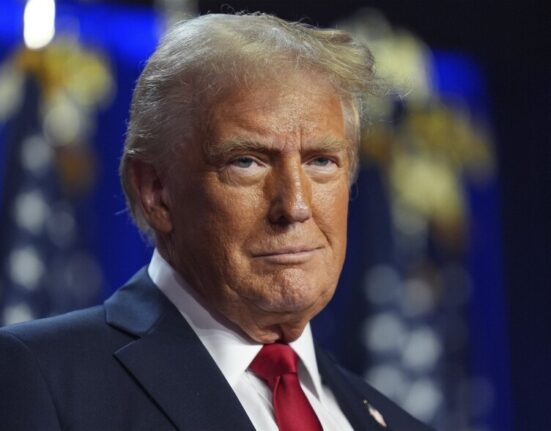
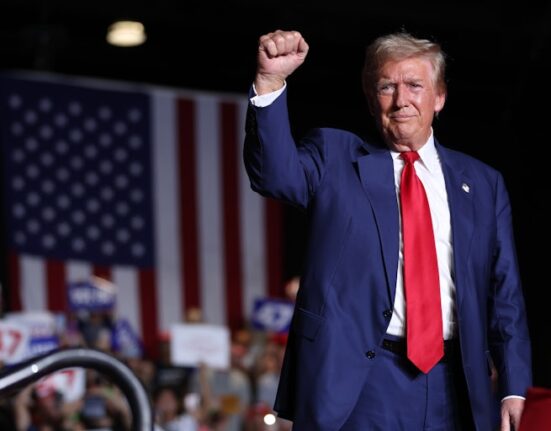
Leave feedback about this